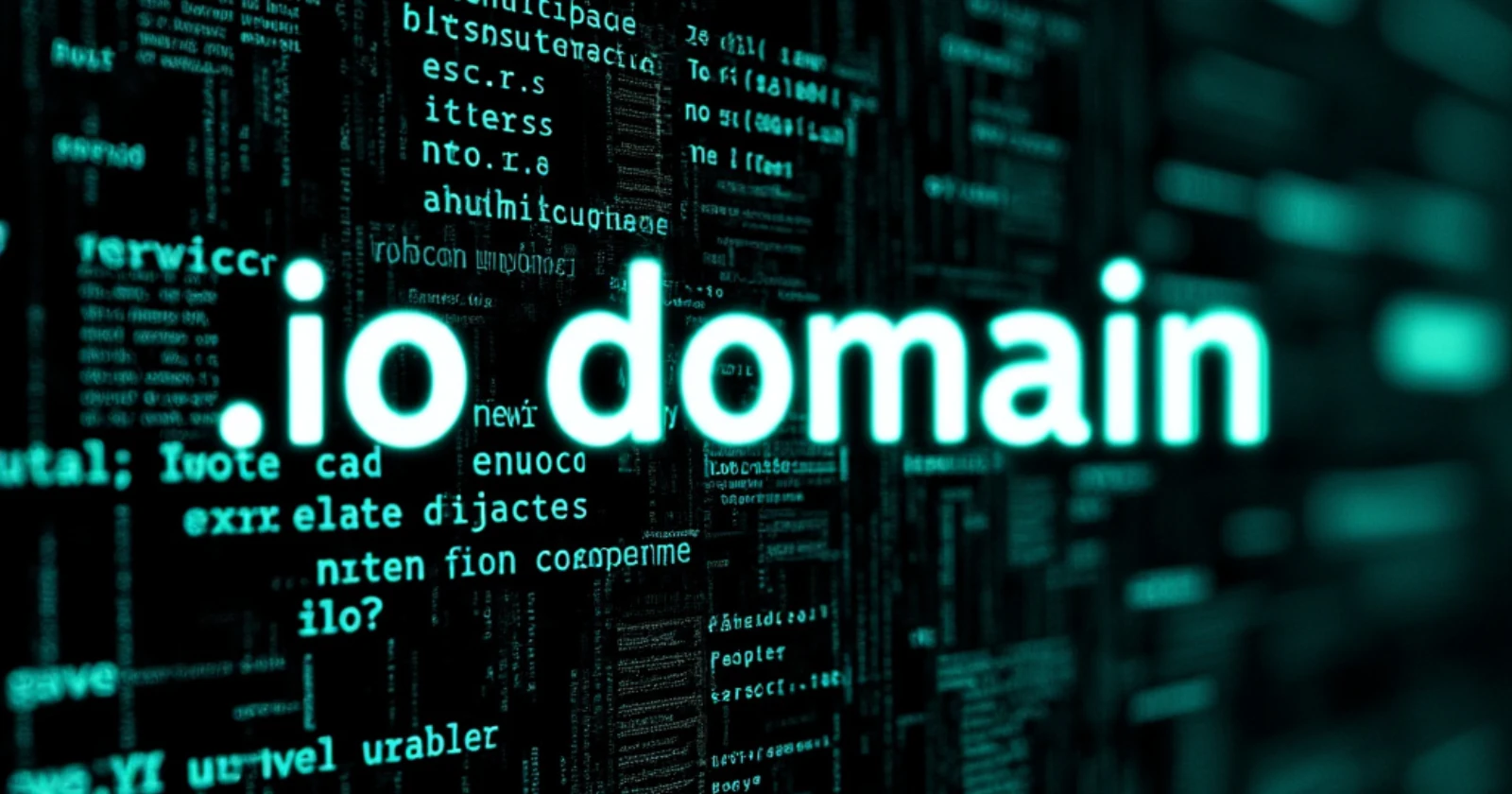The recent decision by the British government to transfer the sovereignty of the Chagos Islands to Mauritius has created a stir in the tech world. While this move resolves a long-standing territorial dispute, it inadvertently poses a threat to the existence of the popular .io domain, which is widely used by tech startups and cryptocurrency companies.
The Chagos Islands, also known as the British Indian Ocean Territory (BIOT), have been under UK control since 1814. In 1997, the territory was assigned the .io country code top-level domain (ccTLD), which has become popular among tech companies due to its association with “input/output” in computer science.
However, the UK’s agreement to relinquish control of the islands to Mauritius means that the BIOT will cease to exist. This change raises questions about the future of the .io domain, as country code domains are typically tied to the existence of the corresponding country or territory.
Gareth Edwards, writing for Every.to, points out that the Internet Assigned Numbers Authority (IANA) has strict rules for handling such situations. “Once the country code no longer exists, the domain must cease to exist, too, ideally within three to five years,” Edwards explains.
The potential disappearance of .io could have far-reaching consequences for thousands of websites. Businesses that have built their brands around .io addresses would face costly and disruptive migration to new domains.
The Verge also highlighted the controversial history of the Chagos Islands and the .io domain, noting questions about revenue distribution. In 2020, the Chagossian people, who were forcibly removed from the islands in the 1960s, claimed ownership of the estimated $50 million property.
The future of .io is still uncertain. IANA has previously handled similar situations, such as the continuation of the .su domain after the dissolution of the Soviet Union and the gradual retirement of Yugoslavia’s .yu domain. These past experiences resulted in the implementation of stricter rules for domain expiration.
For now, we’ll just have to wait and see what happens next. So, what’s next for the darling domain of tech bros and crypto-enthusiasts? Well, nobody really knows. The suits running the internet might let .io stick around, or they might pull the plug. Either way, it’s a clear reminder that your trendy startup domain is closely linked to a real location with genuine drama.
Who knew that picking a catchy URL could turn into a geopolitical headache? For now, .io users are left twiddling their thumbs, hoping their digital real estate doesn’t suddenly vanish because of some decades-old colonial squabble. Welcome to the internet, where even your web address isn’t safe from the long arm of history.
Featured image: AI-generated using Grok
TechIssuesToday primarily focuses on publishing 'breaking' or 'exclusive' tech news. This means, we are usually the first news website on the whole Internet to highlight the topics we cover daily. So far, our stories have been picked up by many mainstream technology publications like The Verge, Macrumors, Forbes, etc. To know more, head here.


